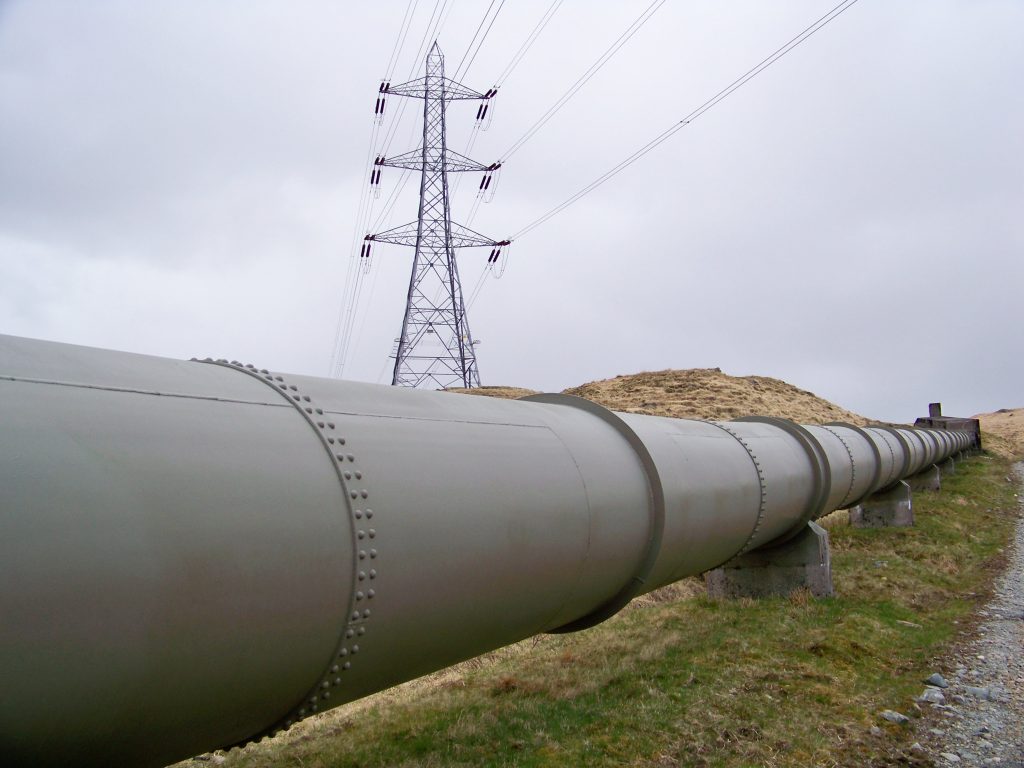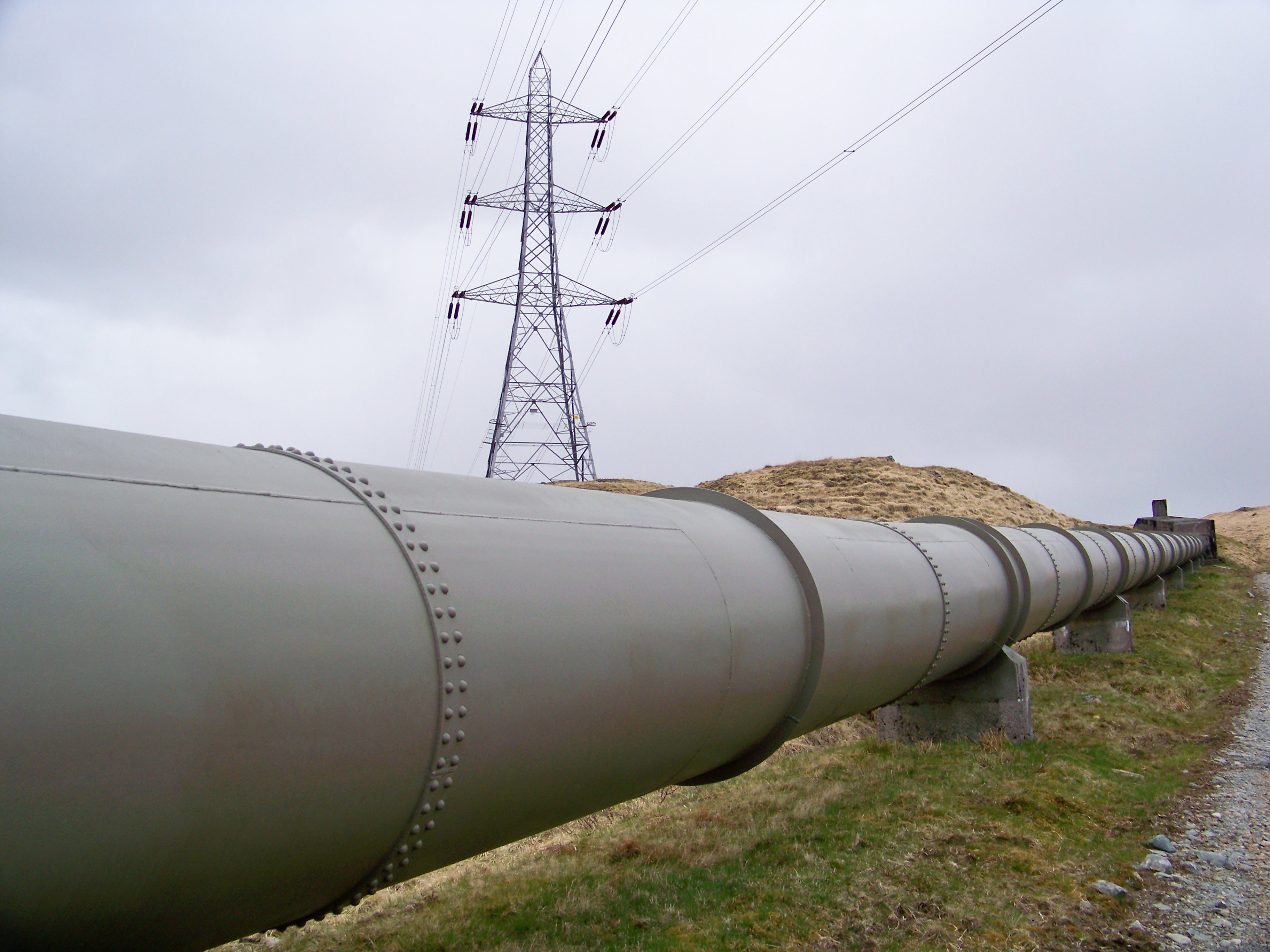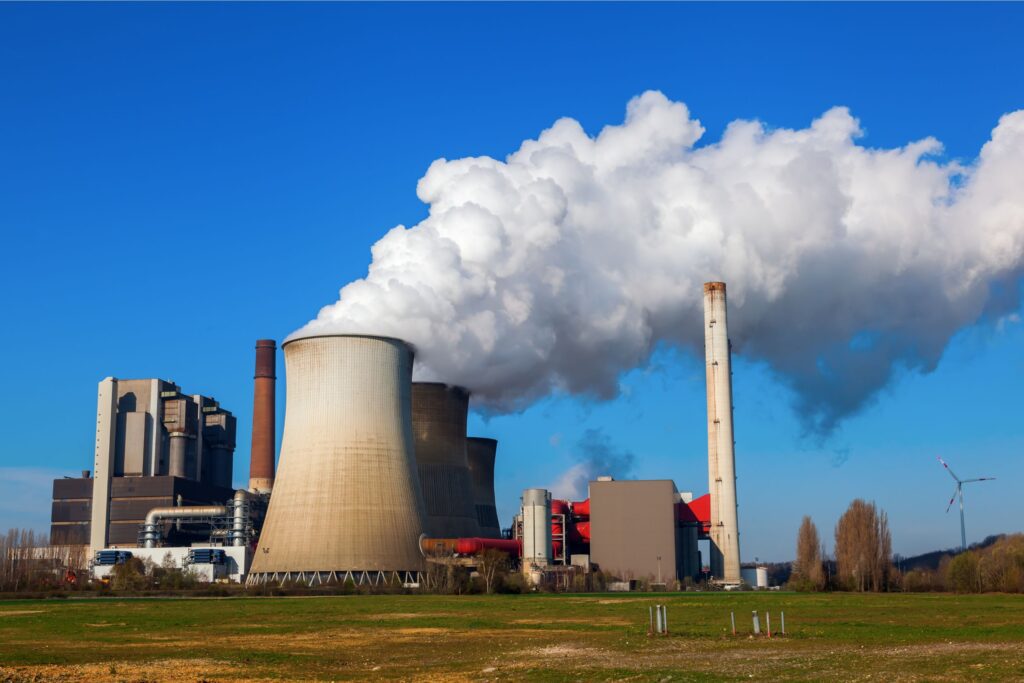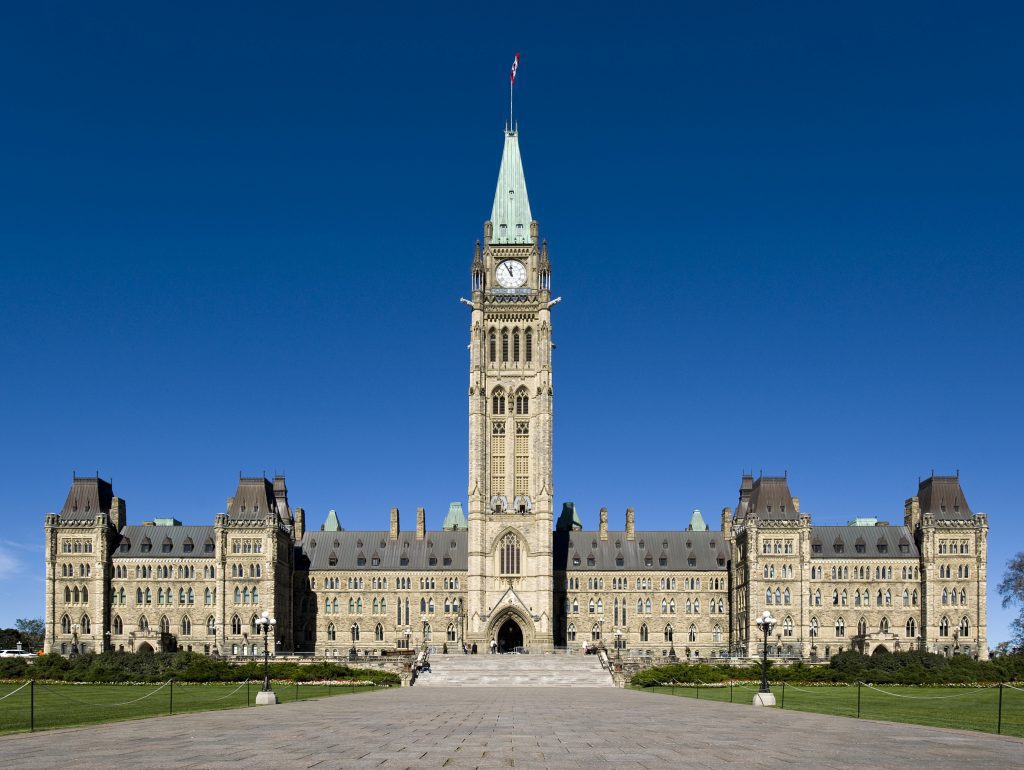In the 21st century, we need energy regulation for a clean economy, not a rubber stamp for high-carbon fossil fuel projects
Last Friday was the deadline for public comments to the Expert Panel overseeing the modernization of the National Energy Board (NEB), the federal regulator that reviews major energy projects like the proposed Energy East pipeline.


The federal government admitted that the NEB is broken and promised to fix it. This is a big deal for Canadians from coast to coast that are trying to stop pipelines from putting our land, water and climate at risk. Thanks to all our supporters who sent nearly 4,400 comments to the NEB Expert Panel calling for a 21st century energy regulator that’s inclusive, evidence-based, transparent and aligned with Canada’s commitments to climate action and Indigenous reconciliation.
It’s important to make sure the government gets NEB modernization right. That’s why Environmental Defence made two important submissions to the Expert Panel, one on a climate test for major energy projects and another on how to fix the broken NEB.
The Climate Test: Aligning Energy Project Reviews with Climate Policy
Energy policy must align with climate science. That’s why we produced a special white paper on how to ensure all major energy projects—like tar sands pipelines— fit within Canada’s climate targets and make sense in a world that has agreed to the Paris Agreement to limit global warming to two degrees Celsius or less. If a project doesn’t pass the climate test, it should be rejected.
Environmental Defence envisions a two-part climate test.
The first part would determine if an energy project is economically viable in a carbon-constrained world that successfully implements the Paris Agreement. Limiting global warming to two degrees necessarily means leaving fossil fuels in the ground, and reducing the supply and demand of oil, gas and coal to zero by mid-century. In a two degrees scenario with lower demand, the economics of oil production change. High-cost, high-carbon projects like the tar sands would be the first to become uneconomical in a carbon-constrained world. An energy project that’s not economically viable in a two-degree world would fail the climate test.
The second part of the test would determine if an energy project fits within a pre-defined Canadian “carbon budget”. That is, how much carbon pollution can each province and industrial sector emit while staying within Canada’s climate targets of 30 per cent below 2005 levels by 2030 and 80 per cent by 2050? If the pollution produced by an energy project breaks the “carbon budget”, then it would fail the climate test.
Currently, there are no strong links between energy project reviews and climate policy in Canada. That’s why high-carbon projects like Pacific Northwest LNG, Line 3 and Kinder Morgan get approved, even though they would lock us into decades of more carbon pollution. A climate test would help address this problem.
Energy Regulation for a Clean Economy
The disconnect between energy projects and climate policy is not the only problem with the NEB. Environmental Defence also put forward a suite of recommendations on how to fix Canada’s broken energy regulator, including:
- Getting rid of the outdated requirement that NEB Board members be located in the Calgary region, and ensuring that Board members reflect Canada’s diversity and represent different regions, professional backgrounds, and include Indigenous Peoples
- Ensuring environmental assessments for energy projects are led by a revamped environmental assessment agency, not the NEB
- Making NEB decisions more open, transparent, accountable and evidence-based
- Building the NEB’s capacity to collect the data and statistics Canada needs for a 21st century clean economy, such as oil demand and supply scenarios in line with the Paris Agreement, emerging energy markets and trends, and information needed to decommission fossil fuel infrastructure as we decarbonize the economy
- Conducting energy regulation and natural resource management in the spirit of Indigenous reconciliation and the United Nations Declaration on the Rights of Indigenous Peoples
- Making it easier and more affordable for Canadians to participate meaningfully in the energy project review process, rather than the current process that tilts the scales in favour of pipeline companies and makes public participation difficult
It’s time for Canada’s federal government to restore public confidence in the regulator that determines the fate of pipeline projects like Energy East. We told the Expert Panel on NEB Modernization what we believe needs to be done. We’ll see on May 15th if the Panel got the message, when they make recommendations to the Minister of Natural Resources.
In the meantime, Canada is moving forward with the review of Energy East using the broken and discredited NEB process that we’re trying to fix. Tell the federal government to reject the risky Energy East pipeline.







